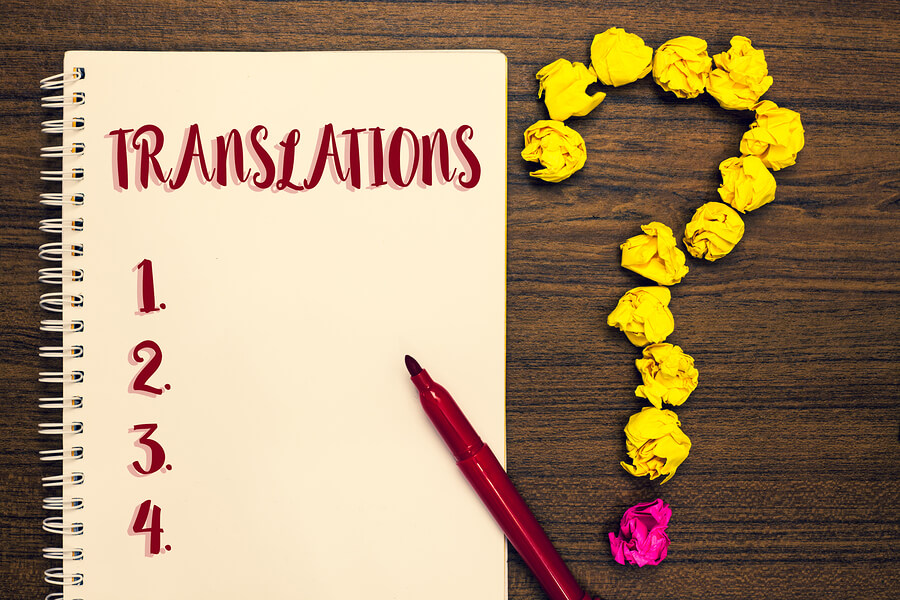In this world of global business there’s no point in marketing products to overseas markets if the targeted customers don’t speak your language. This means translating creative product descriptions into those targeted languages is the key to attracting new customers. The important question to answer is how to ensure product descriptions are acceptable to customers? There are a number of steps a business needs to take to ensure their overseas marketing tactics are likely to be productive.
1. Making a plan
First of all you have to look at your potential customer base and see what languages they speak and are likely to prefer to use when accessing products via a website. If you are intending on marketing your product made in Sweden to the United States don’t assume that English is the only language spoken. You should seriously consider how to write product descriptions in Spanish as well. As soon as you have established what languages your targeted country speaks you should factor these translation costs into your budget.
2. Using the most suitable translation tools
Don’t waste your time translating each product description bit by bit using online translation tools. Your best translation method is getting all the products together in a single document and seeking out a professional translator who is used to writing product descriptions that sell. It’s only a human translator who can come out with the best and most suitable translation.
Online tools like Google Translate are good for translating the language needed for day to day needs like when on vacation but for serious marketing information it doesn’t have enough in-depth knowledge of the language. A product description translation will be more or less word for word and may appear clumsy to the reader who you are hoping will buy your product.
A good human translator will understand both the culture and language of your targeted customer and will be able to translate the product descriptions of your brand name in the most appealing way. The worst situation a business can get itself into is using inappropriate culturally unacceptable language that will put off a new customer.
3. Localizing your product descriptions
Once you have got the best human translator to undertake your product descriptions there are other localisation techniques you will need to use to help promote your product. One of these is to ensure your customers can change the currency on your website into their own currency. This helps them to compare your prices with your competitors, which is an important purchasing factor on the open market that exists today. You’ll be quite amazed how many more customers you will attract if your product is listed in their currency.
4. Make your product description SEO friendly
Customers use keywords when accessing goods online so for all product translations your translator should know what product description in marketing is all about. Keywords should be incorporated into a translation so that the customer will find the website quickly.
Don’t rely on machine translations for this as they are generally only programmed to undertake word for word translations. Machine translators don’t have any idea what a keyword is.
5. You must keep your online store up to date
One of the most off putting factors for any online store for customers is when they find the website appears to be out of date. They won’t trust the prices or the products and descriptions so they will immediately go elsewhere to find a more current website which they think they can rely on for online sales. This applies as much to websites in the business’s own language as to those that are available in a number of key languages. Customers are not only looking for quality products but they only want to buy from sellers they can trust who offer in depth product descriptions.
Conclusion
When it comes to selling a product, in order to overcome the label that it’s a buyer’s market you need to provide a website that has detailed product descriptions that promote your product as better than any of your competitors. This means not only providing a detailed product description but ensuring the price is easy to understand too. All this of course has to be in the languages of those customers you believe will be most interested in buying your products. Translating isn’t just about the word for word method but the text has to be translated in a way that suits the culture of the person you are targeting.




